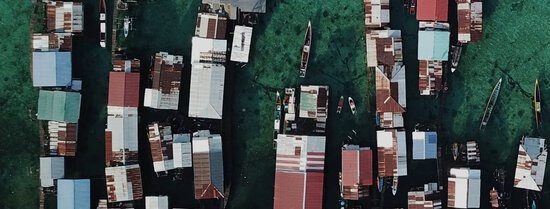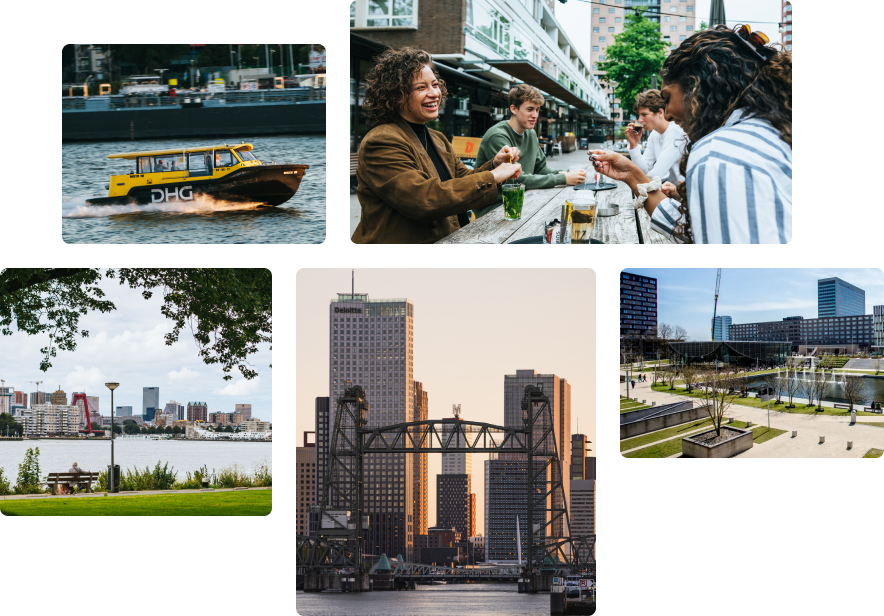Is this the programme you're looking for?
The Urban Environment & Climate Change specialisation is for graduates and professionals who are driven to become leaders in sustainable urban transformation. It is designed for those who recognise that effective climate action requires going beyond simple techno-fixes. Do you want to master integrated approaches, such as understanding the paradoxes of the circular economy and harnessing nature-based solutions, to build truly sustainable and equitable urban environments? If your goal is to acquire the advanced, interdisciplinary skills to manage complex risks related to water, resources, and climate, then this is the programme for you.
Practical information
- Type
- Post-master
- Degree
- MSc
- Mode of study
- Full-time
- Instruction language
- English
- Duration
- 12 months
- Study points (EC)
- 60
- Location
- Campus Woudestein
- Start date
- September
- Application Deadline (EEA)
- 1 July
The study programme in a nutshell
This programme critically examines the theory, recent trends and developments related to urban climate change adaptation and mitigation and how they shape responses to the climate crisis. We move beyond siloed approaches by linking climate change directly to the sustainable management of urban water systems, the built environment, and resource flows. Students will evaluate common solutions, from technology-driven approaches to the complex implications of transitioning to a circular economy.
What you will learn
At the end of the programme, the students should be able to:
- Critically examine the concepts of climate adaptation and mitigation and their various components and dimensions, in theory and practice.
- Engage with frameworks of sustainable development, such as “Doughnut Economics” (Kate Raworth, 2017) and sustainable transition frameworks, risk frameworks, and their relationship with climate change.
- Investigate climate mitigation and adaptation tools and solutions to realize climate neutral and resilient cities.
- Explain the mutual relationship between environmental resilience and other forms of resilience (social, economic, and institutional).
- Evaluate the multi-faceted principles of climate “risk” and “resilience” and apply these principles to land, water, atmosphere, NBS and to climate resilience in urban areas.
Want to know more? Meet us here

Career opportunities after graduation
Graduates will be able to apply the most innovative analytical tools to promote climate-neutral and resilient cities.


